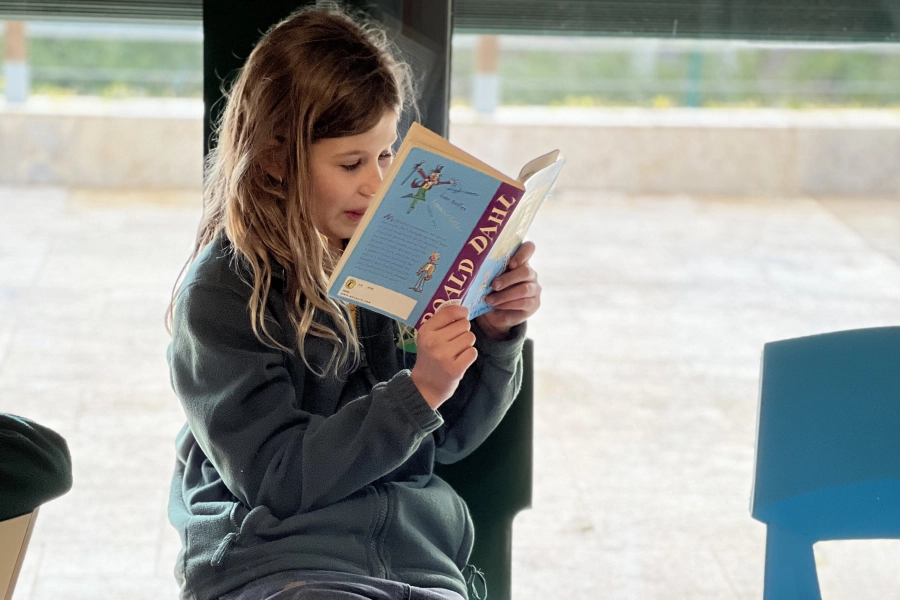
Primary SchoolFrom 4 to 9 years old
Learning, Exploring & Growing Together!
Our Primary School, for ages 4-9, is a place where curiosity leads the way!
We make learning exciting through cross-curricular, theme-based studies, helping children connect subjects in meaningful ways.
At this level we deliver the iPrimary curriculum from Pearson, this includes more formal French classes adapted for native or second language students.
From mastering Reading, Writing, and Maths to diving into Science, Geography, History, Music, and Art, every day is filled with hands-on discovery and exploration.

At FISP, learning isn’t just about what’s in the books—it’s about discovery, creativity, and growing together!
Bilingual Learning for a Global Future
Want your child to thrive in both English and French?
Our bilingual stream helps students become confident in both languages—opening doors to greater opportunities.
Choosing this path in Primary lays the groundwork for success in our Middle School.


Learning Through Discovery
We believe children learn best when they’re active participants in their education.
By encouraging investigation, creativity, and problem-solving, we help students develop critical thinking, resilience, and a lifelong love for learning.
House System : Teamwork & Community
Every child belongs to a House, creating a strong sense of community, teamwork, and friendly competition.
Through fun challenges and activities, students collaborate across year groups, build confidence, and develop leadership skills—all while having a blast!
Preparing for the future
By blending academic excellence with hands-on exploration, bilingual learning, and teamwork, we equip our students with the skills, knowledge, and confidence they need to succeed in the next stage of their education—and beyond!





